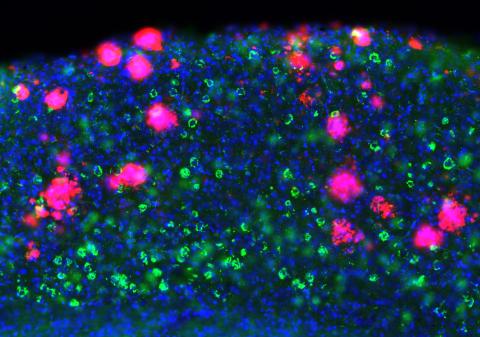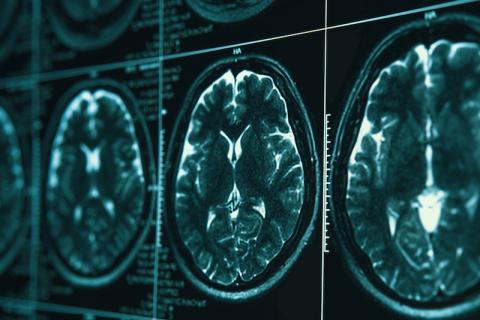This UK DRI Grand Challenge project, led by Dr Marc Aurel Busche, aims to develop a functional biomarker that measures subtle changes to the brain’s circuitry at an early stage of Alzheimer’s.
The team will focus on neural replay, a process important for memory and learning, disrupted early in Alzheimer’s. Neural replay occurs in the hippocampus, a region affected early in the disease, making it a promising target for diagnosis. When someone is navigating, the brain’s ‘place cells’ show a sequence of neural activation. During sleep and certain awake periods, these cells fire again in a related, but time compressed, sequence. The theory is that this replay strengthens the synapses, or connections, between the cells, consolidating the memory of where someone was or the path they took.
Dr Busche and team will use magnetoencephalography (MEG) to track neural replay in both mice and humans. By studying patients with early-stage Alzheimer’s and those with genetic mutations that lead to an early onset form of the disease, they hope to detect changes in brain activity before cognitive symptoms appear. Parallel studies in mice will explore how amyloid beta and tau protein pathology impacts neural replay.
The ultimate goal is to develop a functional biomarker that can be used alongside existing measures, allowing earlier and more accurate diagnosis. This could transform clinical practice by enabling earlier intervention with treatments and improving monitoring in drug trials. The team also aims to make the technology more accessible by adapting it for wider use in clinical settings.
News


Collaborators
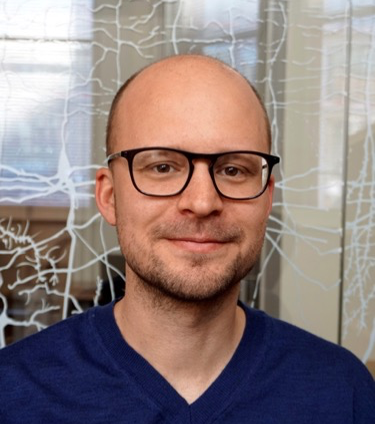
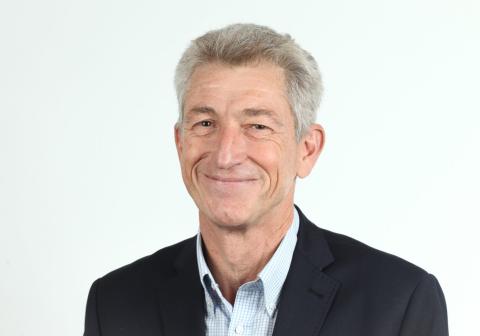
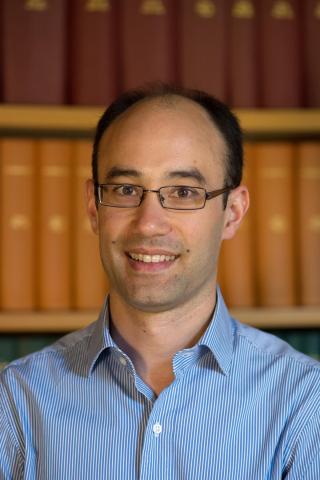
UK DRI labs
